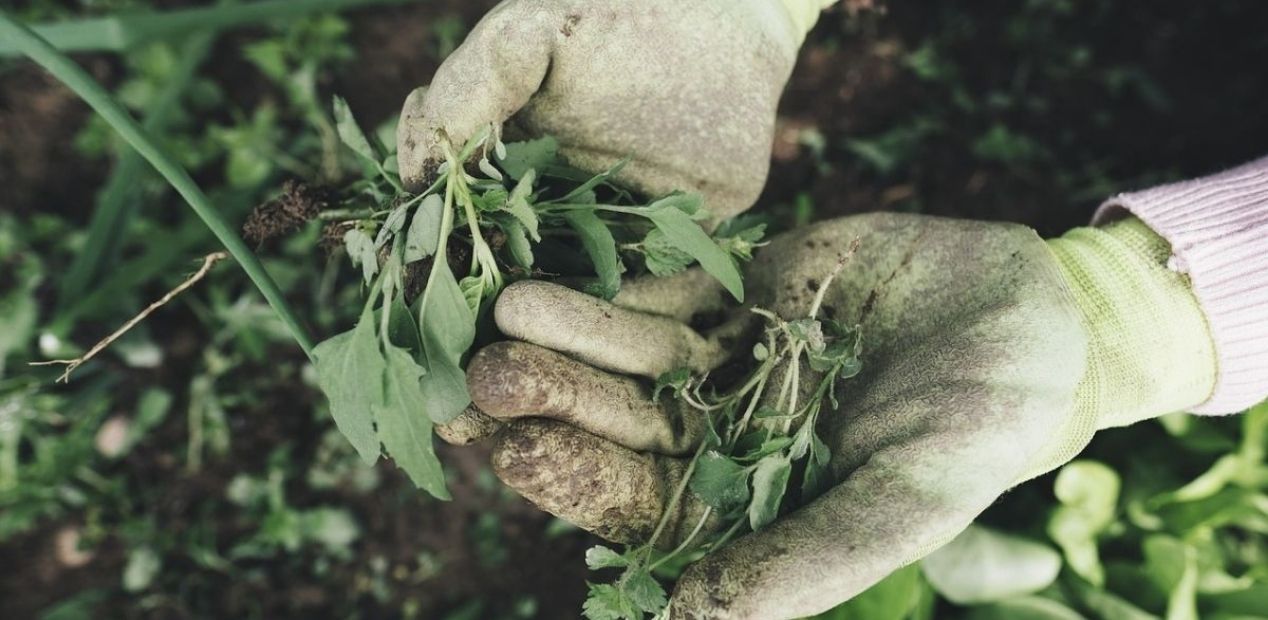Gardening: 9 homemade methods for healthy and beautiful plants
Not everyone has not green thumb and, when it comes to gardening, you need to have basic knowledge and a good dose of patience.
Take care of the plants, the vegetable patch and the garden requires commitment, dedication and a lot of attention, but also a littleingenuity. The same good results can be obtained with traditional gardening techniques than with natural and imaginative alternative methods.
He is notno need to buy a thousand different products or going to the trouble of preventing snails from eating your salad, because simple and effective methods using items you already have at home make all the difference !
Let’s find out together 9 Brilliant and Alternative Home Gardening Techniques.
1) Raw egg
This may sound weird to many, but a raw egg can act as a natural fertilizer when placed in a pot filled with soil. Its effect is felt as soon as it begins to break down. THE egg shells on their own are also good for the same purpose and can also act as an excellent natural pesticide.
Just break them into pieces and place them at the roots of the plants to promote their growth. Their antiparasitic action repels slugs, caterpillars and any worms that could attack the leaves.
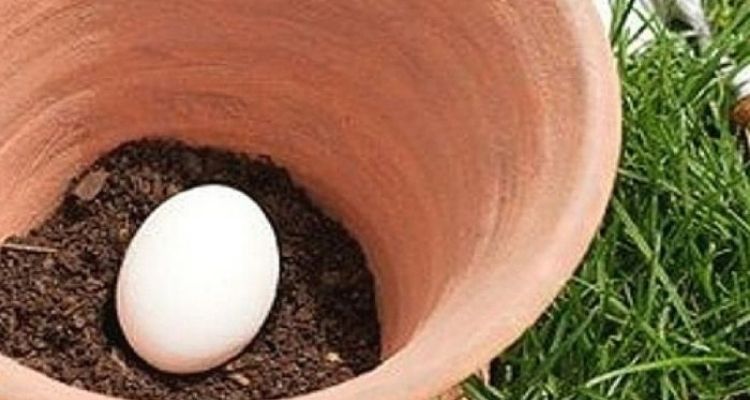
2) Plastic toilet or forks
Have you ever thought or tried to use Toilet paper as a pot to plant seeds ? Or plastic forks planted in the ground to remove the small animals that populate our gardens ?
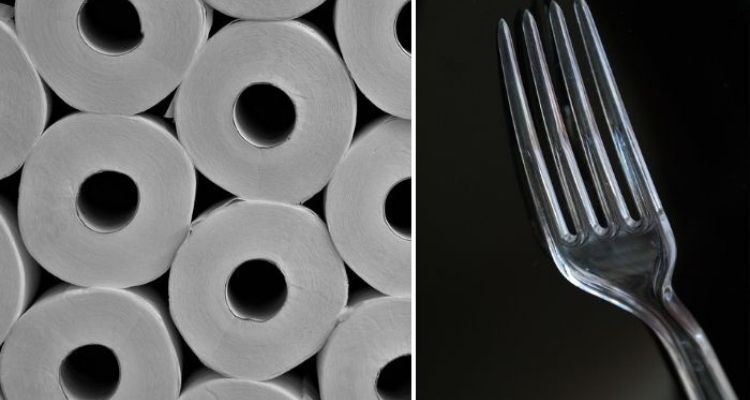
3) Roses and potatoes
Plant a rose in a potato is also possible and useful ! Using a screwdriver or a clean nail, just make a hole in a potato and insert a touch of pink, then bury the potato in wet soil.
The strands will start germinating after just a few days.
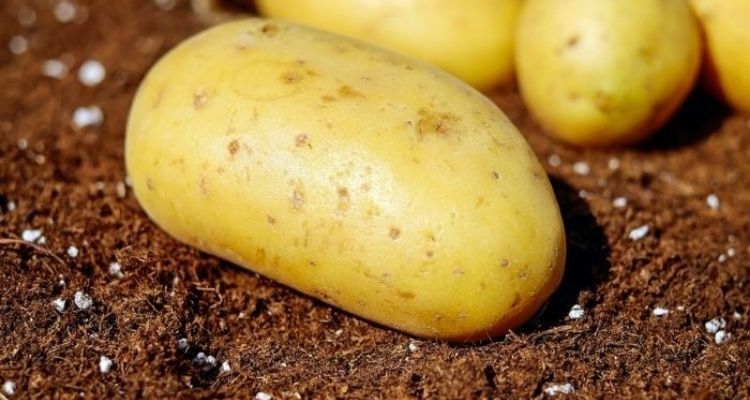
4) Pepper
Another method of unusual but equally effective gardening is offered by peppers, which act both as a fertilizer and one natural pesticides thanks to a substance called capsaicin. Two grams of chilli powder dissolved in one liter of water is enough to cure plants of certain diseases. I’vegetable cooking water, however, can be used as a tonic for plants, because it is rich in mineral salts and other nutrients.
To use it, however, it is important that it is not salted and that it has been stored in a well-closed container in a dry place.
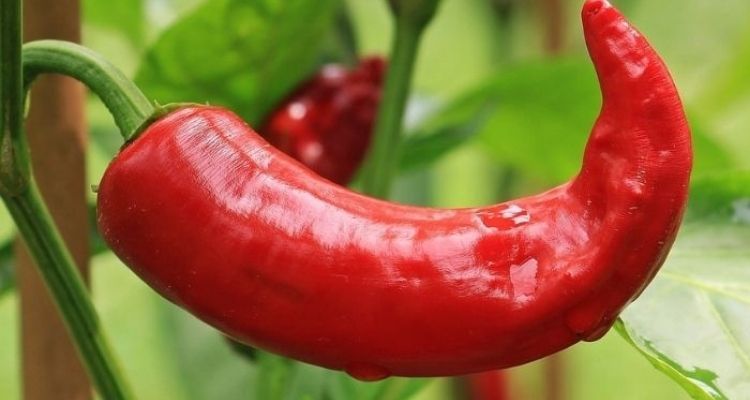
5) Expired yogurt
It may sound strange, but it is possible to reuse the expired yogurts to fertilize plants. You will be able to treat them free of charge and without using chemicals. Pour a pot of yogurt in a watering can and dilute it with water.
Then stir and water the plants. Lo and behold, they will be healthy and lush !
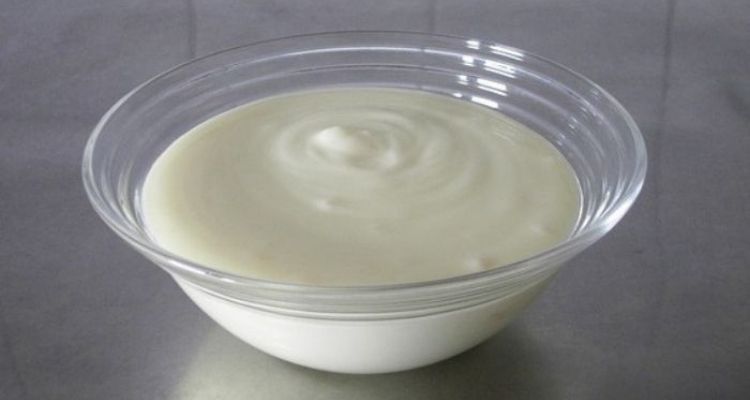
6) Propolis
There propolis is one of the elements the most valuable and suitable for caring for plants, especially indoor plants.
It can be used in an aqueous or hydro-alcoholic solution. The alcoholic solution helps the plants to defend and heal themselves in case of pruning or particular climatic conditions. Dissolve about 20 grams of an aqueous or alcoholic solution in 1 liter of water. Spray the mixture on your plants and voila !
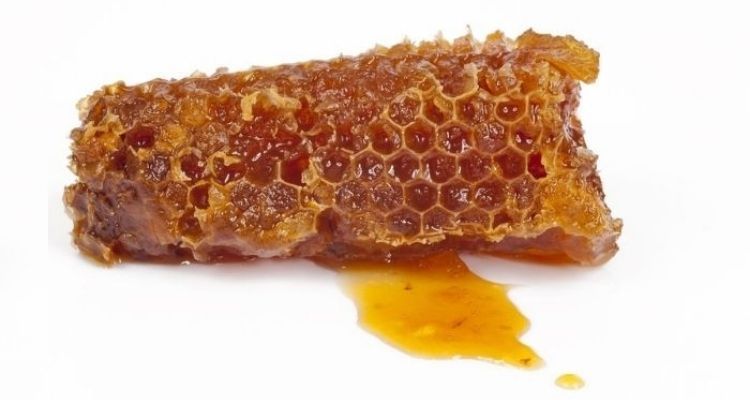
7) Marseille soap
Marseille soap is an excellent insecticide. It makes the environment less conducive to the breeding of insects that could harm plants. If it is solid, dissolve about 20 grams of soap shavings in 1 liter of water, or about 20 centiliters if it is liquid, always in 1 liter of water.
Spray the mixture on the leaves of the plants, making sure it is evenly distributed. Warning: for plants such as azaleas, gardenias and begonias, Marseille soap is phytotoxic. In general, before spraying it on a plant, it is best to try to treat a single leaf first and test its reaction.
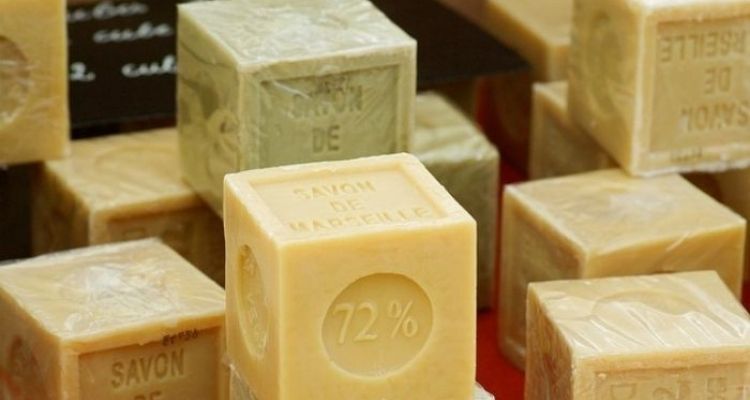
8) Seed oil
In general, aoil of vegetable origin prevents the installation of insects and fungi harmful to plants.
You can use it by applying it directly to the leaves with a brush. You can also mix neem oil with water and spray it directly on the affected plant.
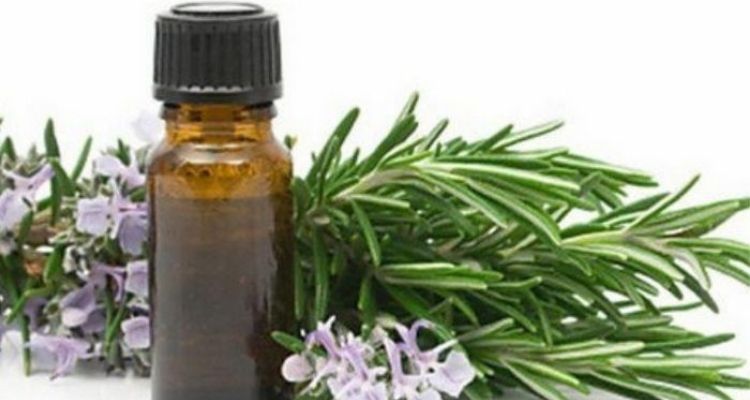
9) Baking soda
Could baking soda be missing ? Of course not. In gardening, il is very useful as a fungicide for plants and is very easy to prepare. You need to dissolve two tablespoons of baking soda in 1 liter of water.
Stir the mixture until all the baking soda is dissolved. Then pour it into a spray container and spray it on your plants, not the soil !
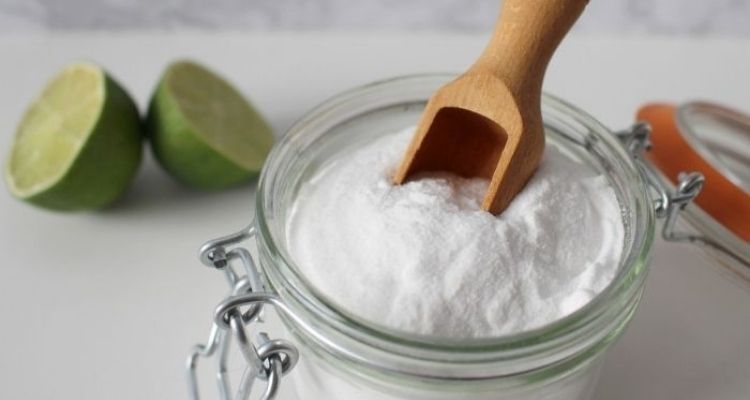
Up to you…
This article was useful to you? Feel free to share it with your friends on Facebook!
